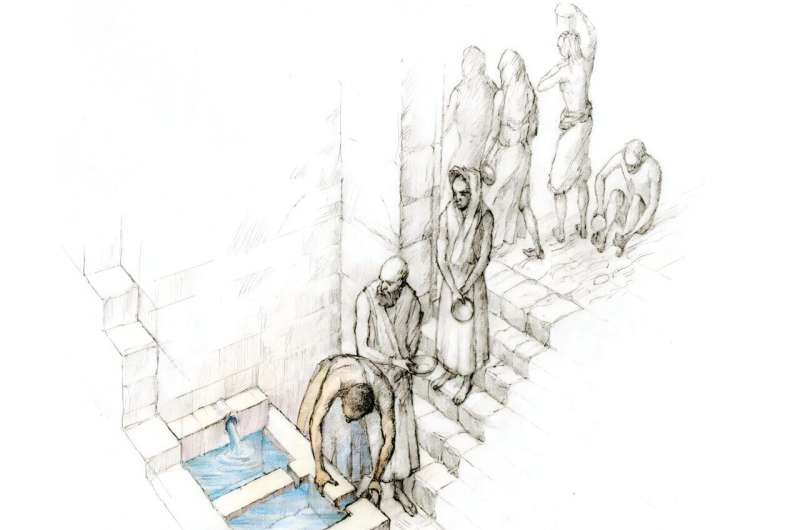A 200-year-old bone that had been carved into the shape of a fish was found during inspections conducted in advance of the Palace of Westminster's restoration.
Perhaps employed in 18th-century card games, the fish was discovered by Roland Tillyer, a senior geoarchaeologist at the Museum of London Archaeology, while he watched a borehole being dug deep beneath the Royal Court of the House of Lords.
"This carved bone fish is a gaming counter," stated Michael Marshall, the MOLA Finds Team Leader. Such counters were frequently employed as scoring tokens at gaming tables in Britain during the 18th and 19th centuries.
Lydia Bennet is depicted as winning and losing fish while playing games of "lottery tickets" in Jane Austen's Pride and Prejudice (first published in 1813), which is considered one of the most famous literary descriptions of this behavior.
Almost 7,500 hours of specialized intrusive and disruptive surveying work have been accomplished since survey work began in July 2022. In addition to the tens of thousands of hours of planning and visual inspection study finished since 2018, this work will help guide decisions on the historic Palace of Westminster's restoration.
In addition, the location of concealed voids that were originally built as ventilation shafts, the state of vital utilities, a sampling of the building materials, and outdated heating, cooling, mechanical, and electrical systems were all discovered during the construction.
The discovery comes after a portion of the original medieval Thames River wall that was thought to extend beneath the length of the Houses of Parliament may have been found in November 2022.
"We'll take the important data from this extensive research to inform our future restoration plans for the building, ensuring that we tackle critical issues and preserve and protect the building and the thousands of staff and visitors who use the building every day," said David Goldstone, CEO of the Houses of Parliament Restoration and Renewal Delivery Authority.







